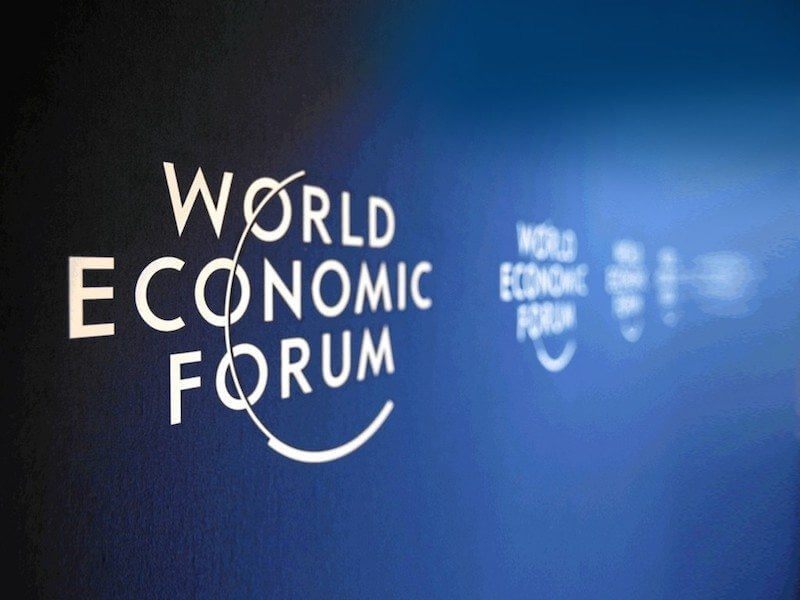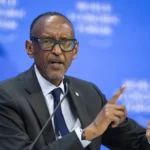
As the year gradually settles in, World Economic Forum (WEF) has predicted that digital gaps could widen globally.
In its The Global Risks Report 2024, the 19th edition, the organisation said the convergence of technological advances and geopolitical dynamics would create a new set of winners and losers across advanced and developing economies alike If commercial incentives and geopolitical imperatives, rather than public interest remain primary driver of artificial intelligence (AI) and related technologies.
It noted that vulnerable countries and communities would be lagging digitally, thus impacting economic productivity, finance, climate, education and healthcare, as well as job creation.
WEF, in the 124-page report released at the weekend, also listed some of the global risks for 2024 and their potential scale of impact.
After surveying 1,490 leaders across the globe, the forum ranked extreme weather (66 per cent) the topmost global risk this year, followed by AI-generated misinformation/disinformation at 53 per cent.
Others in the top 10 include societal/political polarisation (46 per cent); cost-of-living crisis (42 per cent); cyber attacks (39 per cent); economic downturn (33 per cent); disrupted supply chains for critical goods and resources (25 per cent); outbreak of armed conflicts (25 per cent); attacks on critical infrastructure (19 per cent) and disrupted supply chains for food (18 per cent).
Fortunately, WEF noted that risks from technology bubble burst could only be four per cent.
It observed: “Global risk is defined as the possibility of the occurrence of an event or condition which, if it occurs, would negatively impact a significant proportion of global GDP, population, or natural resources.”
Giving more insight into some of the risks, the forum pointed out that purveyors of misinformation and disinformation no longer require skill or expertise, as AI models have made that simple.
“No longer requiring a niche skill set, easy-to-use interfaces to large-scale artificial intelligence (AI) models have already enabled an explosion in falsified information and so-called ‘synthetic’ content, from sophisticated voice cloning to counterfeit websites,” it added.
To combat the growing risks, WEF said governments are beginning to roll out new and evolving regulations to target both hosts and creators of online disinformation and illegal content.
The global body went on: “Nascent regulation of generative AI will likely compliment these efforts. For example, requirements in China to watermark AI-generated content may help identify false information, including unintentional misinformation through AI-hallucinated content.
“Generally, however, the speed and effectiveness of regulation is unlikely to match the pace of development.”
Global Risks Perception Survey (GRPS) respondents ranked extreme weather as top-most impediment this year, with the warming phase of El Niño-Southern Oscillation (ENSO) cycle projected to intensify and persist until May.
On the economy, WEF said uncertainties would outweigh most markets, clarifying that capital would be the costliest for the most vulnerable nations.












